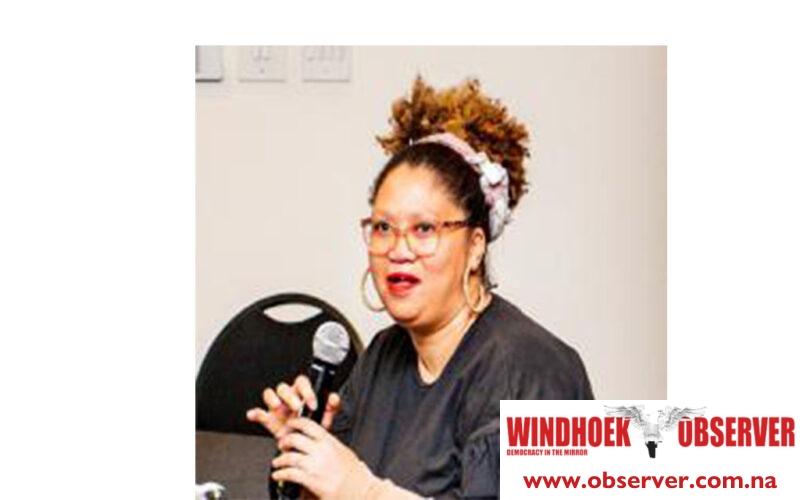Stefanus Nashama
The Namibia Media Professionals Union (NAMPU), has threatened to reveal a list of the names of all media companies where journalists are being economically exploited and harassed if nothing is done to immediately improve the working conditions of staff.
Raising the matter last week, NAMPU’s Acting Secretary-General, Jemima Beukes, said the organisation has received several complaints from journalists not being paid on time while others have been made to work without any contracts or meaningful employment agreements.
This, she said has become a norm within various media houses across Namibia.
“NAMPU is deeply concerned about increasing incidents of economic exploitation or rather a new contract labour system and harassment faced by journalists within the various media houses,” she said in a statement.
Beukes urged media company owners where such incidents happen to address the matter before the end of April 2024.
She added that failure to comply with the request will compel NAMPU to disclose a list of media houses where journalists are subjected to mistreatment.
“We demand that media house owners where journalists are working without contracts, under three to six-month contracts or where such personnel are not paid on time, to address this situation by the end of April.
“Failure to comply will compel Nampu to release a list of media houses where journalists work without contracts, the duration of the employment of those people that only three months or six-month contracts, alongside the average salaries earned by journalists at these establishments,” Beukes reiterated.
According to her, NAMPU further wants the issue of accreditation attended to, emphasising the importance of the media cards as the ultimate validation for journalists.
“This accreditation serves as indisputable proof of their status as journalists and their legitimacy to perform their essential role in society,” she reasoned,
She stressed that while media jackets merely serve as a safety precaution, they should not be used as the sole determinant of a journalist’s credibility or right to conduct their work without hindrance.
Beukes suggested that journalists should be supplied with reflector jackets and safety gear when covering stories in potentially dangerous situations such as rallies, strikes and protests, construction projects and mining sites.
“We once again wish to emphasize that journalists and media workers in Namibia must be allowed to carry out their duties without fear or intimidation. Any attempts to obstruct or undermine their work undermine the principles of press freedom and the public’s right to know,” she stressed.




